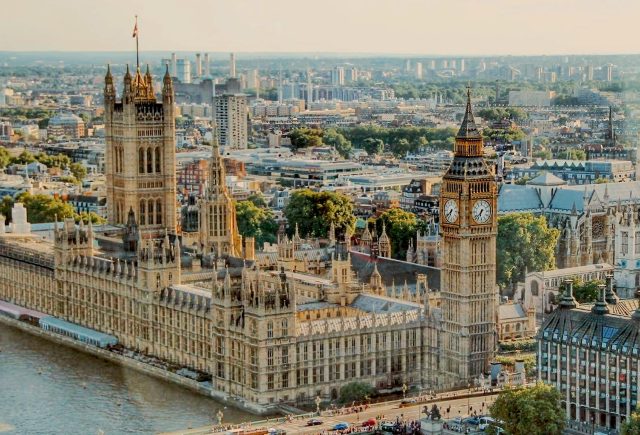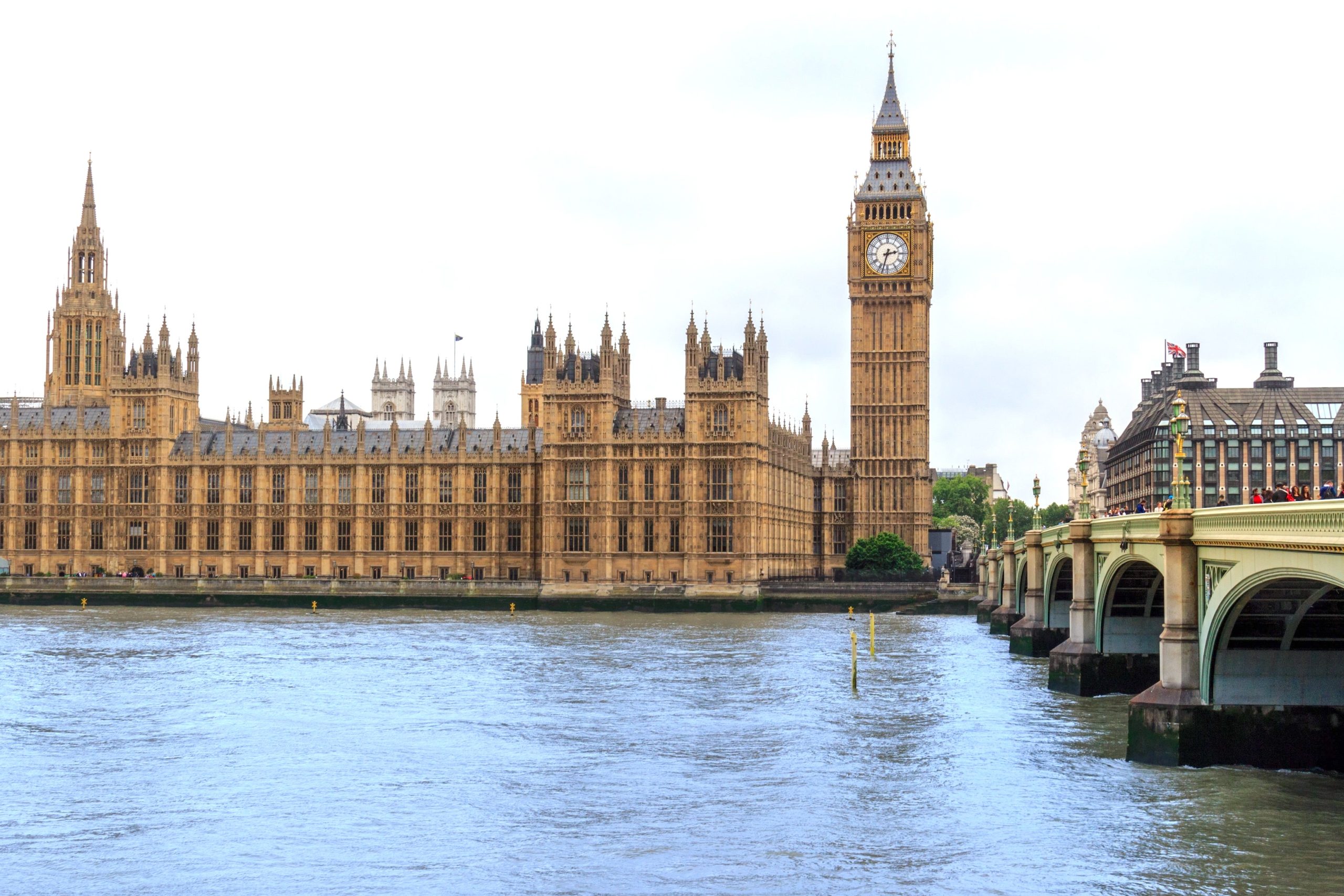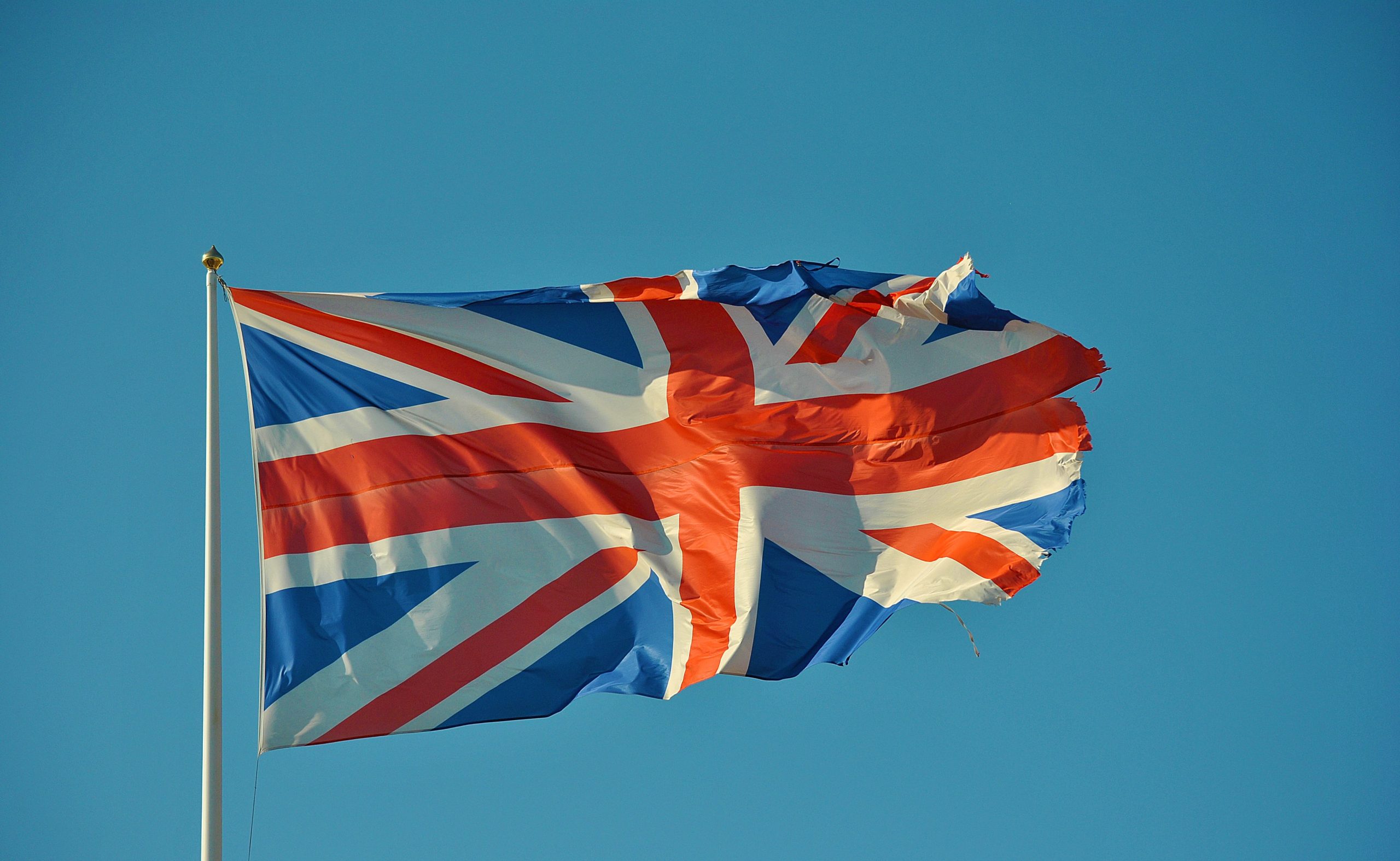
The Conservative and Unionist Party, one of the two major contemporary political parties in the United Kingdom, suffered its most stinging defeat in its history in July’s general election. Since 2015 when the David Cameron-led Conservatives formed the first Conservative majority government since 1992, with just 119 seats won in the House of Commons, Prime Minister Rishi Sunak has formally announced his resignation as Prime Minister and is to do so as leader of the Conservative Party.
“I have given my best to the job, but you have sent a clear signal that the UK government must change and your judgment is the only one that matters,” Sunak said in a speech to voters outside his Downing Street office.
Shortly after the election result was announced the accusations and debate about the future direction of the Conservative Party had already begun. Some voices claim that the Conservatives’ failure stemmed from the abandonment of their centrist orientation, while others argue that Nigel Farage’s Reform party, led by Nigel Farage, won over voters who believed the Conservative Party had abandoned its roots.
A former leader of the House of Commons and Brexit minister, Jacob Rees-Mogg, said in a BBC interview that a major cause of the party’s defeat was the decision to get rid of Boris Johnson. Asked by the reporter what had gone wrong for the party, Rees-Mogg said there had been “problems with the change of leader”.
“Voters expect the prime minister they have elected to remain prime minister and it is for the voters to decide when that person is changed … I’m afraid the Conservative party has taken its core vote for granted, which is why you see so many people who might have voted Conservative previously going to other parties. It’s been a terrible night for the party,” Jacob Rees-Mogg claimed to the BBC.
Rebuilding the British Conservative Party will be difficult
If this year’s election performance is anything to go by, the British Conservatives have managed to avoid total defeat. Predictions by some pollsters that the party would have been down by double digits turned out to be slightly off the mark with the Conservatives ending up with 119 seats in the House of Commons. These losses, considered catastrophic for the British Conservatives, will be hard to recoup in a single term and rebuilding the party will be extremely difficult. Conservative Party heavyweights including former Prime Minister Liz Truss, and former ministers Penny Mordaunt, Grant Shapps and Jacob Rees-Mogg have fallen victim to the election.

Known as the shortest-serving leader in the country’s history, former British Conservative Prime Minister Liz Truss (48) resigned as PM just 44 days after taking office from Boris Johnson. The reason for her resignation at the time was the turmoil her planned measures caused in the financial markets at the height of the cost of living crisis. In other words Truss managed the failure, in her capacity as prime minister, to cause a bond market crash and a collapse in sterling. Liz Truss with 11,217 votes in the South West Norfolk constituency lost her parliamentary seat in the snap general election to Labor candidate Terry Jermy who polled 11,847 votes. Although Liz Truss symbolized the chaos and failures of the Conservative government for many voters she remains an influential voice among British Conservative Party MPs.
Another leader who has lost his mandate is British Defense Secretary Grant Shapps. Shapps. said it was a “privilege” to represent the Welwyn Hatfield constituency.
“What is clear to me is not so much that Labor won this election, but rather the Conservatives lost it. The party has forgotten the fundamental rule of politics: people don’t vote for divided parties,” said Grant Shapps.
Another major blow to a member of the Conservative government was Gillian Keegan, who lost her seat in Chichester and her portfolio as education minister, while Johnny Mercer, a former minister for veterans’ affairs, lost his seat to a Labour candidate in Plymouth Moor View. He was defeated by Fred Thomas by 5,604 votes.
The Nigel Farage peril
Brexit mascot Nigel Farage, has emerged on the UK political landscape. Farage now leads the Reform UK party with which he came third. Surprisingly, at the time when Rishi Sunak took over the government, the Farage-led party was credited with only 2% of the public’s voting intention. Known for his anti-immigration and pro-Brexit campaign, Nigel Farage won a seat in the British Parliament for the first time in the English town of Clacton. He comfortably defeated Conservative candidate Giles Watling, who had previously held the seat.
“My plan is to build a mass national movement. This is just the first step of something that will astound you all,” said Nigel Farage.
A small but extremely vociferous group of populist MPs appear to be worsening the British political scene. The group includes Nigel Farage, Richard Tice and Lee Anderson. As the Conservatives try to regroup and recover, this small populist group has the potential to cause chaos and further divide the Conservative party. The upcoming contest for the British Conservative leadership is dominated by the question:
“What to do with Farage and his party – keep them close or drive them away?”
Voters who have turned to the Reform UK party have played a big part in what are seen as disastrous results for the Conservative Party. Nigel Farage can now claim his party is second only to Labor. The only small ray of hope for the Conservatives is that, despite Labour’s victory, early signs show that its vote share has not increased significantly since 2019. Thus we can say that the size of the majority may not reflect an avalanche of public enthusiasm for Keir Starmer, the leader of the Labor Party. Reform UK won 13 seats – a tiny fraction of the 650 seats in the House of Commons Political analysts are predicting that Nigel Farage could become the new leader of the opposition to bring the populist right to the forefront of UK politics, as has happened in other Western countries such as Germany, the Netherlands and, more recently, France. The difference in this year’s election between the two major parties on the British political scene is a mixture of effective campaigning by Labour and the collapse of the Conservative vote. With the worst result in their history, the British Conservatives will have their work cut out in opposition over the next few years to regain their majority and return to the leadership of Britain.
History in Britain. First woman finance minister in almost 800 years
The new British Prime Minister, Keir Starmer, appointed Rachel Reeves, a former economist at the Bank of England, on Friday, the 5th of July, as Chancellor of the Exchequer, the second most prestigious post in the British government. The appointment of Reeves as “Chancellor of the Exchequer”, the traditional title of the person holding the Chancellor of the Exchequer portfolio, was announced in a statement from Downing Street. Rachel Reeves thus becomes the first woman to hold the post of Chancellor of the Exchequer in British history, according to AFP. Rachel Reeves, who believes that “change will only come through iron discipline” in public finances. Reeves emphasized this immediately after being re-elected MP for a constituency in the north of England. But the new Chancellor of the Exchequer said the task “will not be an easy one”
“It is the honor of a lifetime. There are no quick fixes and we have tough choices ahead,” Rachel Reeves wrote on X immediately after being appointed to the post.
Britain has been ruled by turbulent Conservative governments for 14 years and the new government will have limited room for maneuver. According to analysts, public finances are not in good shape although economic growth has picked up slightly and inflation is back within the Bank of England’s target range. In the last 14 years the UK has been governed by 5 prime ministers which has created some government instability. After the financial crisis of 2008, the purchasing power crisis, the blows the global economy has taken in the pandemic, Brexit and the financial turmoil created by Liz Truss’ short tenure in office, the people of the UK are looking to the Starmer government to bring stability back to both the political scene and the economy.
The Conservative Party leadership battle is on. Who are the favorites?
Shortly after the announcement of the final results of the UK elections, the battle to replace former prime minister and leader Rishi Sunak began in the Conservative Party. Sunak has announced he will remain in office until his successor is appointed later this year. Several names are being floated in the British press to take over the leadership of the Conservative Party. The rule of the British Conservatives is that the head of the party must be an MP. The fact that a dozen senior ministers have lost their MP seats Penny Mordaunt and several other front-runners were eliminated from the race before it even started. Kemi Badenoch, Robert Jenrick and Suella Braverman are set to enter a bitter battle for the party’s leadership.

Boris Johnson, former Prime Minister; Priti Patel – former Home Secretary; Jeremy Hunt – resigning Chancellor of the Exchequer; James Cleverly, the incumbent Home Secretary (seen as one of the most experienced Conservatives) are some of the names being bandied about who could take Rishi Sunak’s place at the helm of the Conservative Party. However, potential favorites are Kemi Badenoch – Minister for Business, Energy and Industrial Strategy. Badenoch has impressed party members with her approach and is currently the favorite to become the next leader. Tom Tugendhat – the resigning security minister is the second favorite of the bookmakers. According to the bookmakers Suella Braverman despite having controversial views on immigration and law and order is the fourth favorite to be the next Conservative leader. David Cameron – former prime minister of the UK from 2010-2016, and currently a member of the House of Lords and foreign secretary from 2023 – is also in the cards for the party’s leadership. Another name being bandied about is that of Robert Jenrick, who has held several ministerial posts, including immigration minister. Jenrick resigned over Rishi Sunak’s Rwanda bill.



 Subscribe
Subscribe